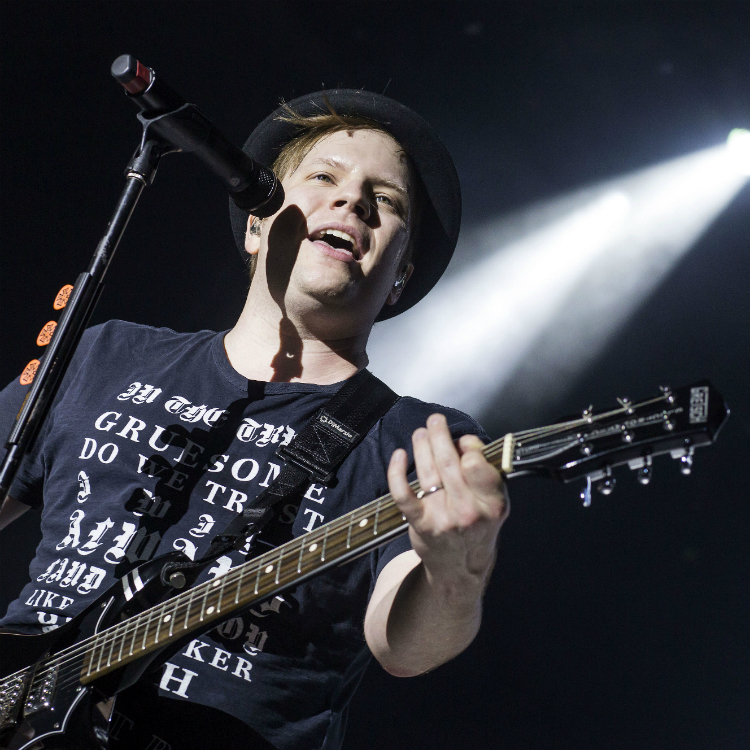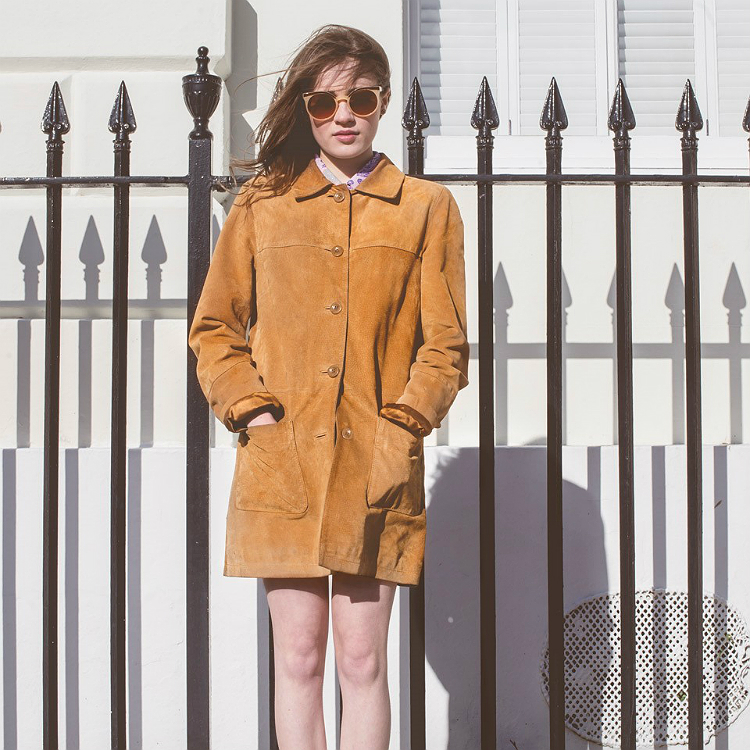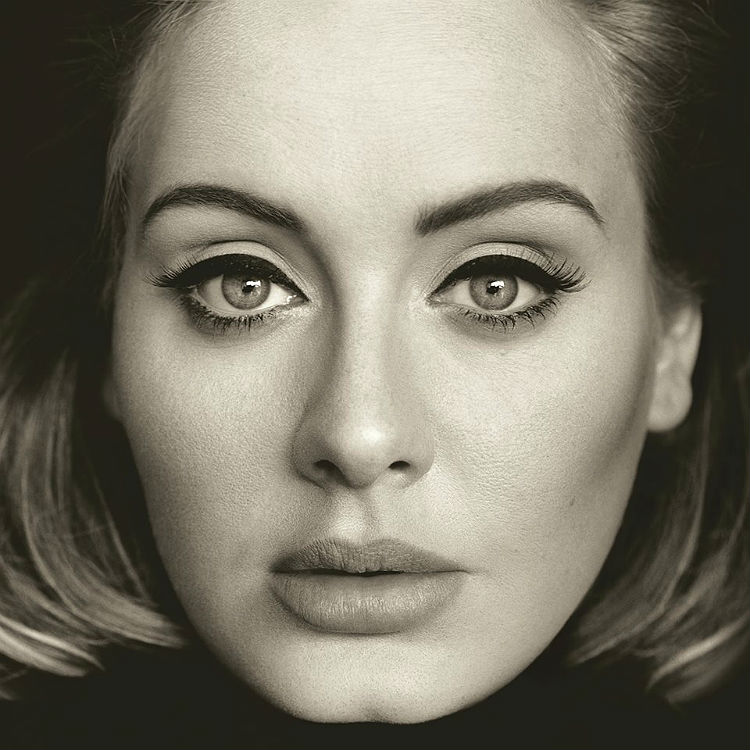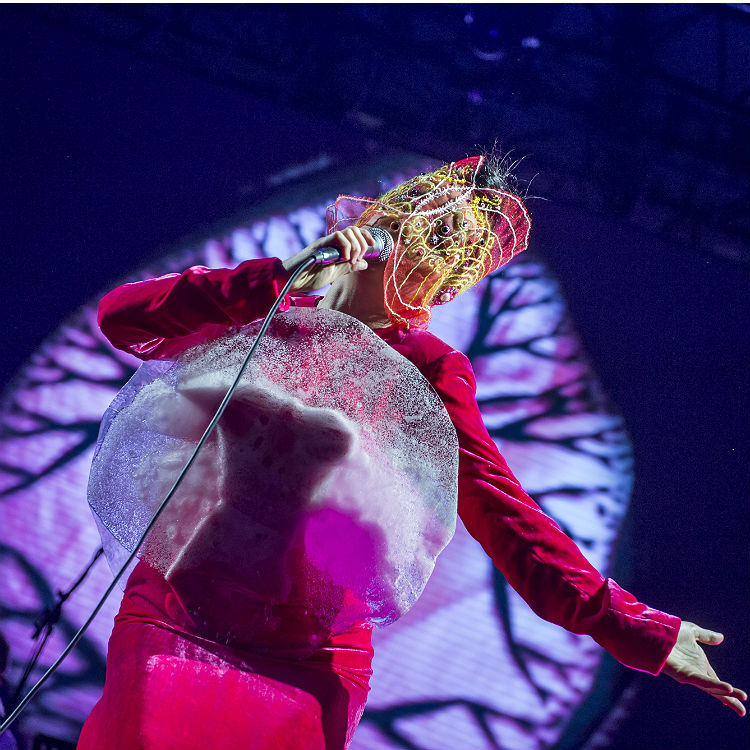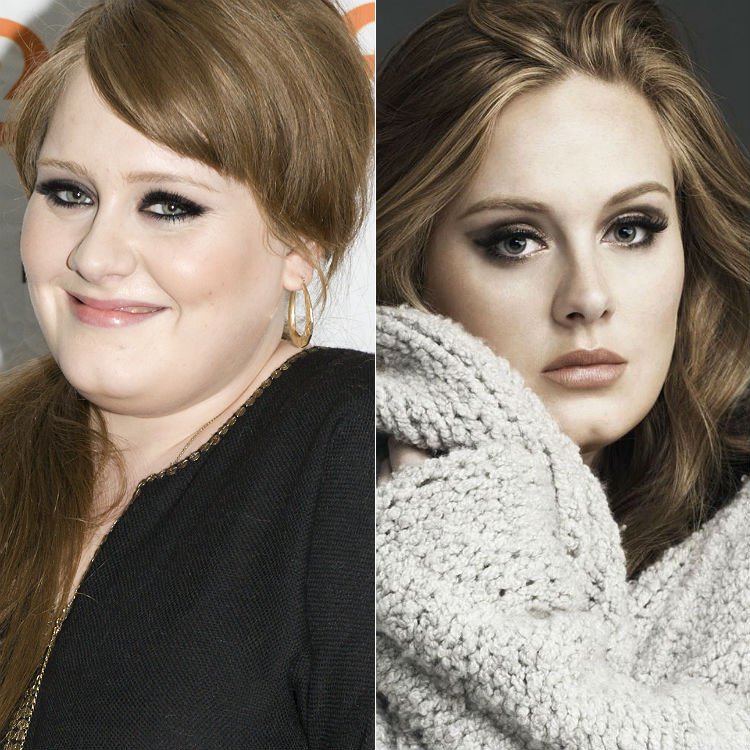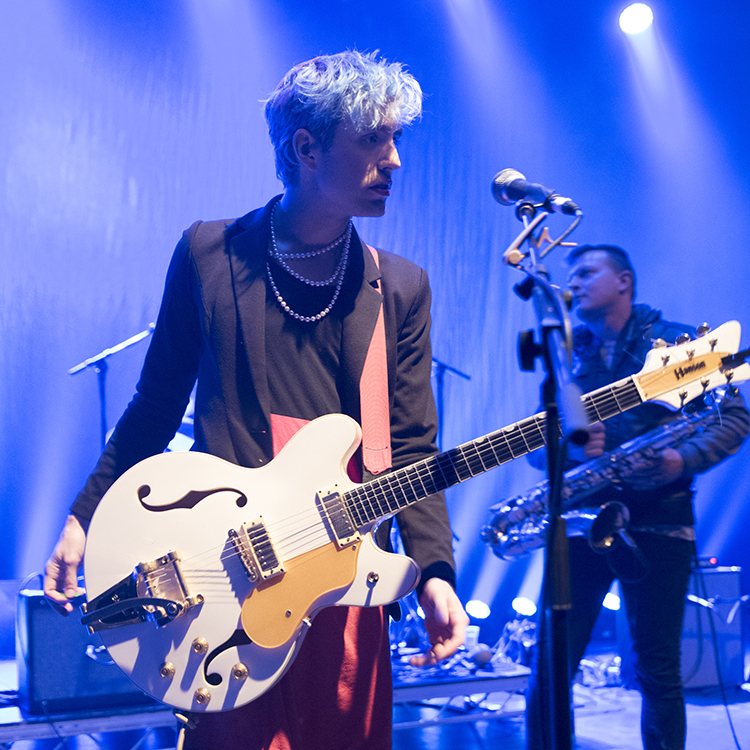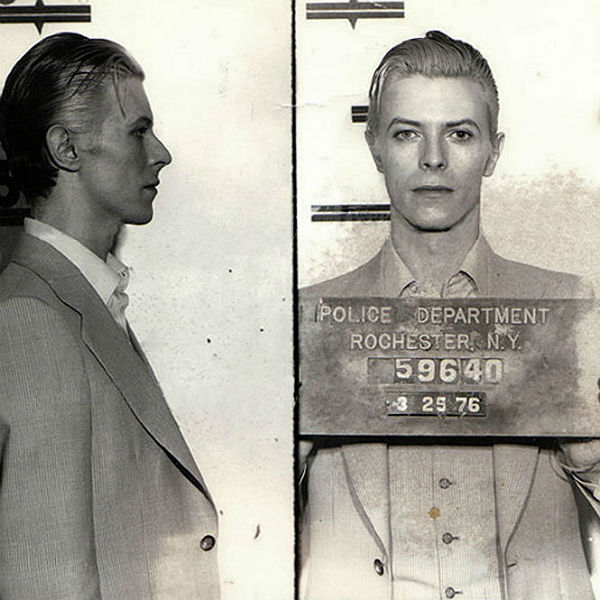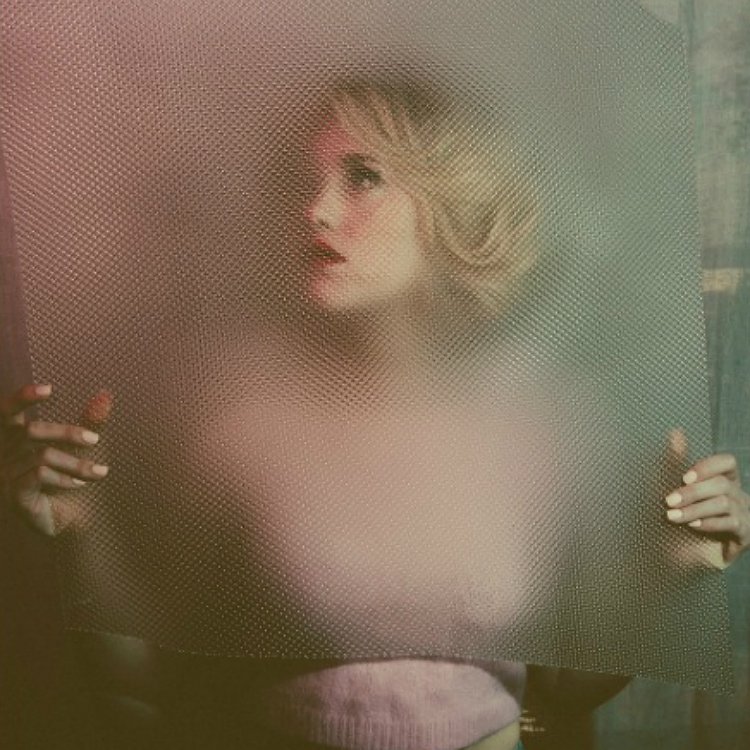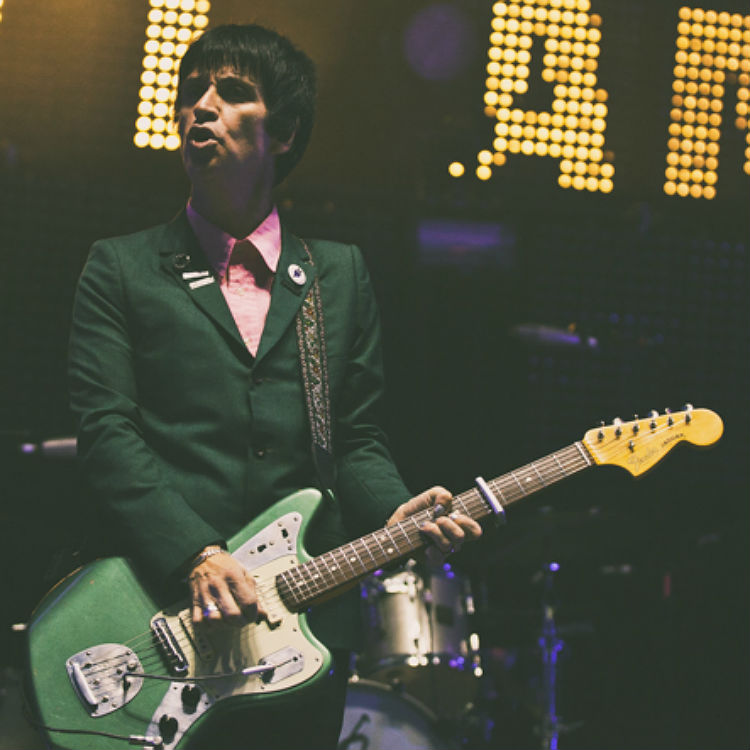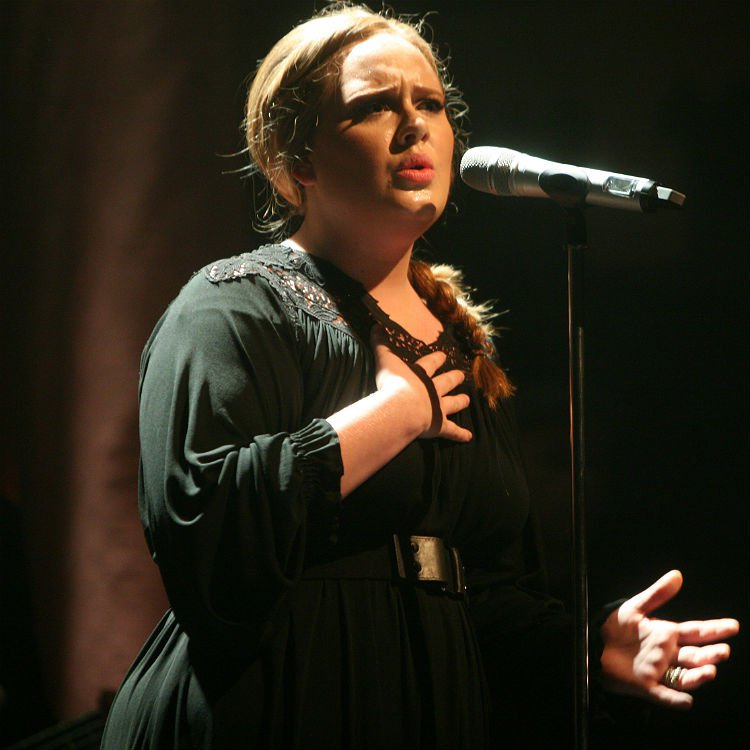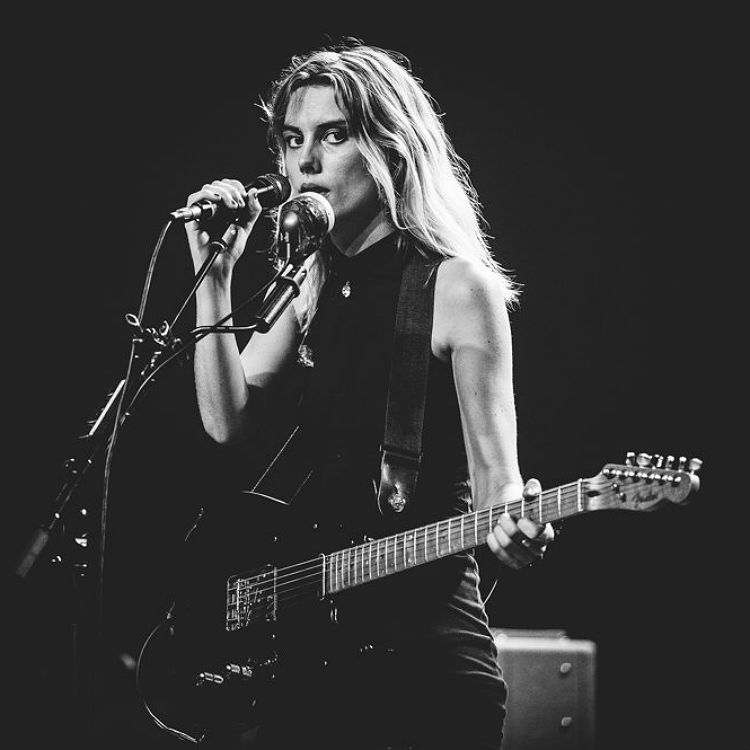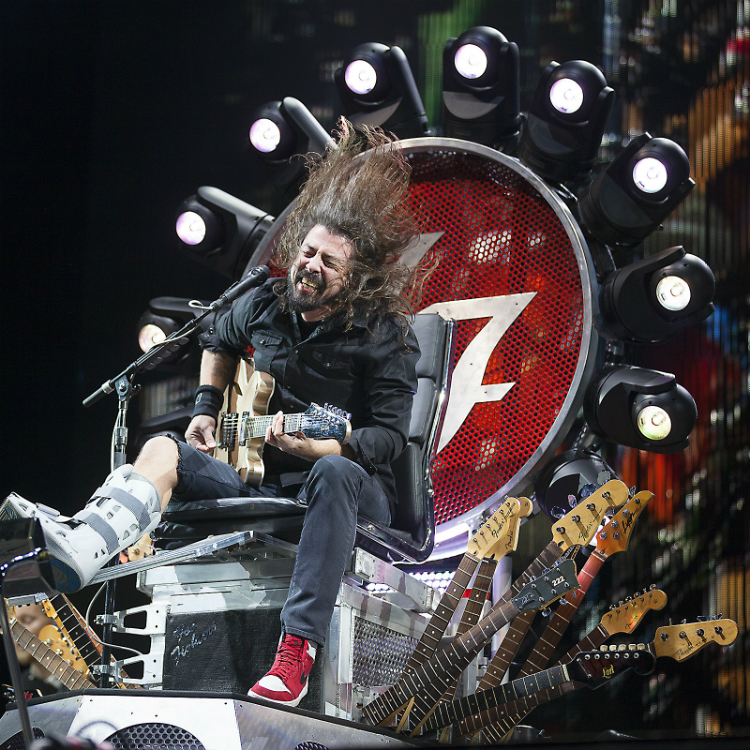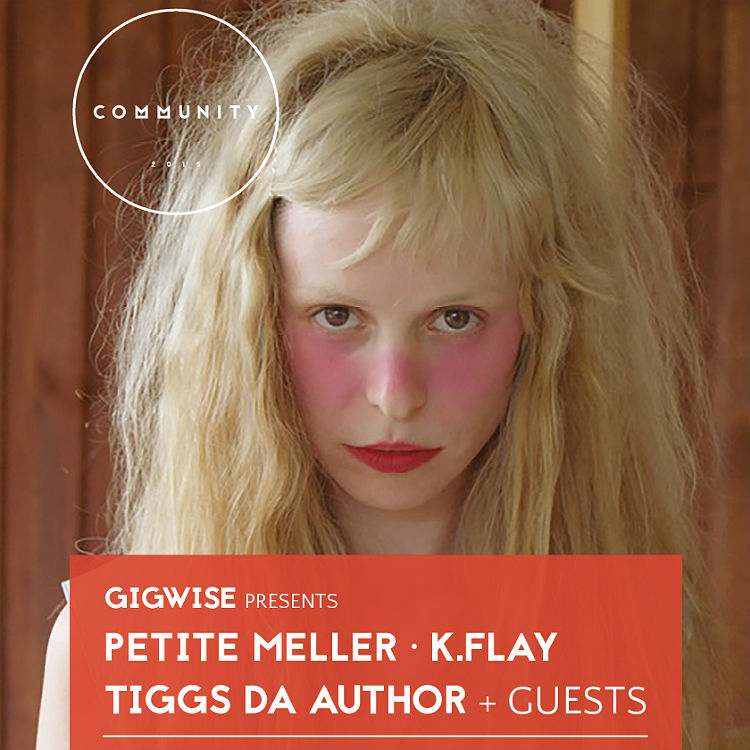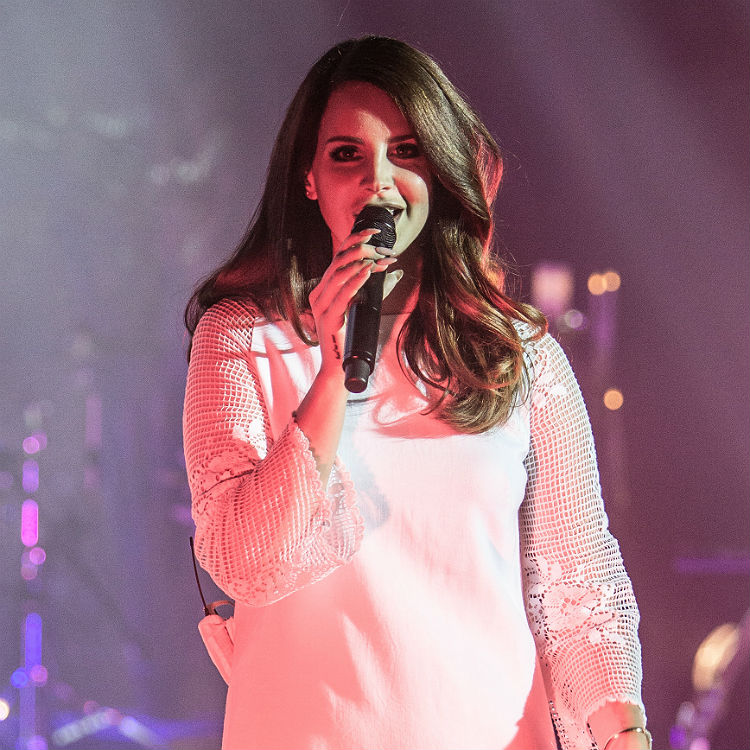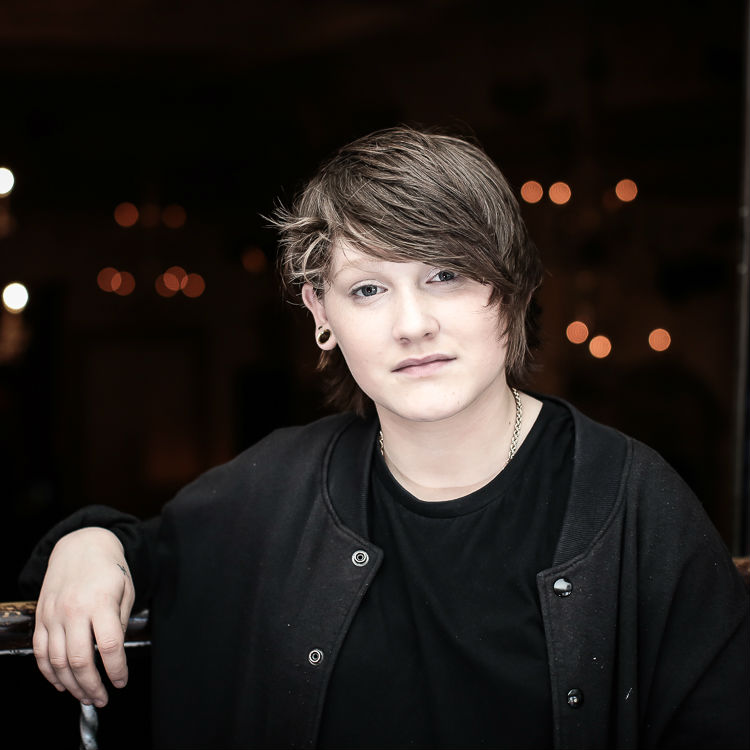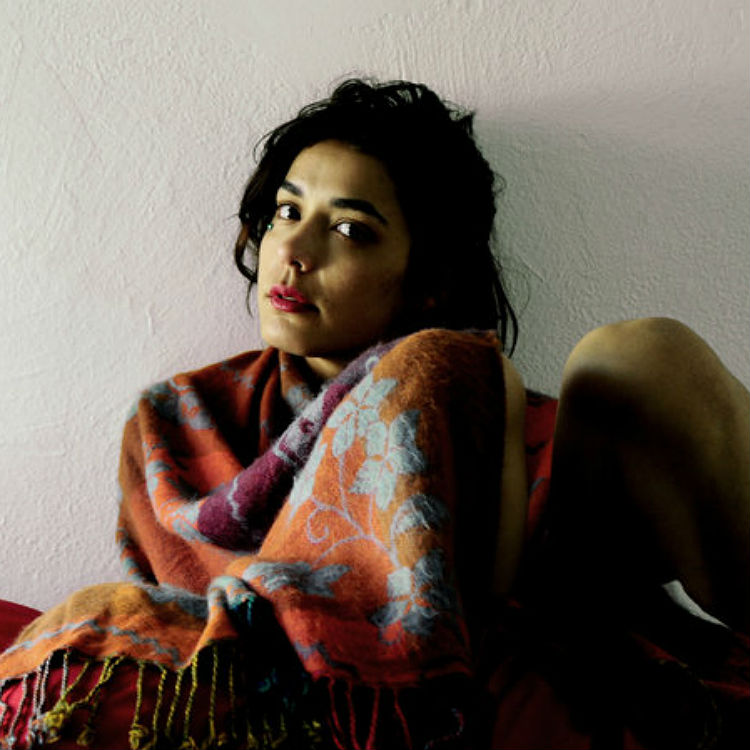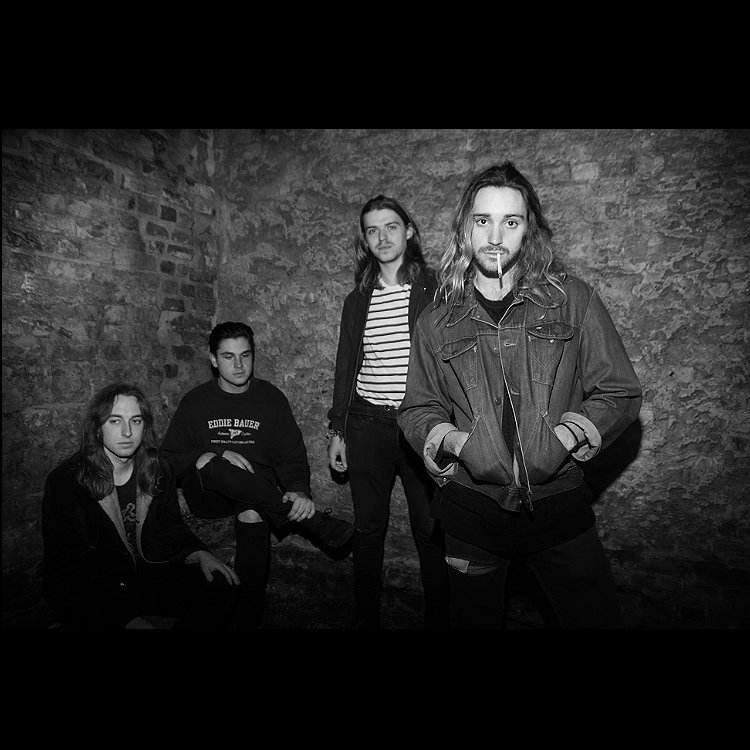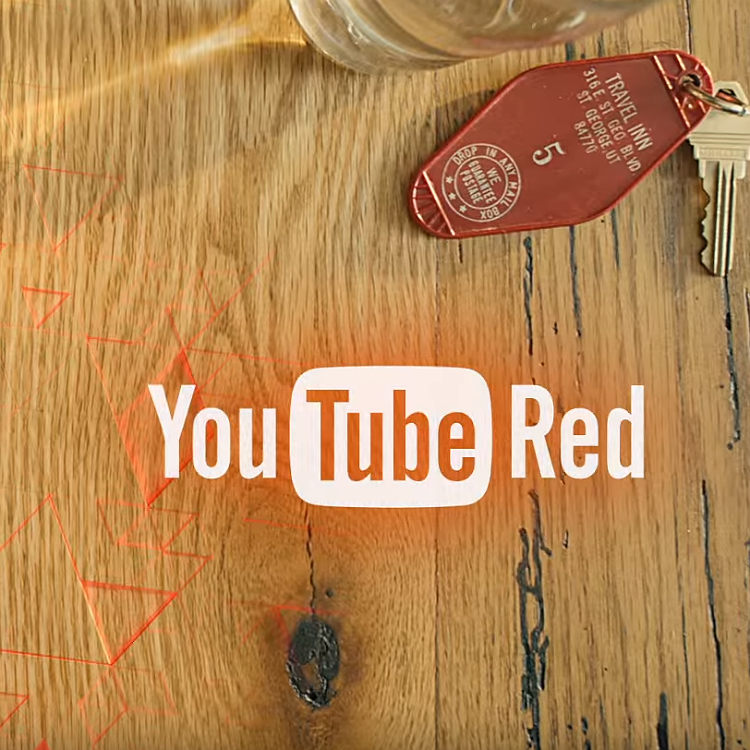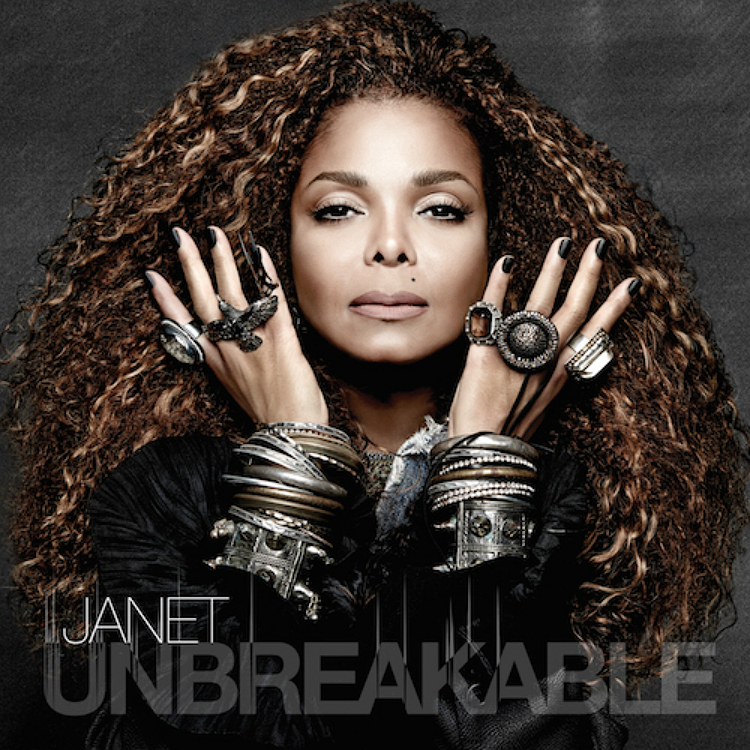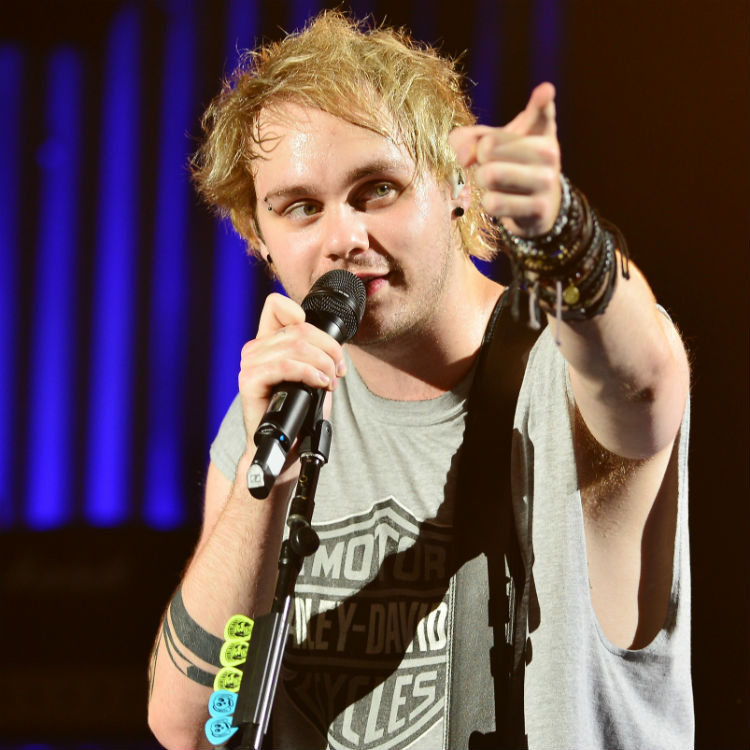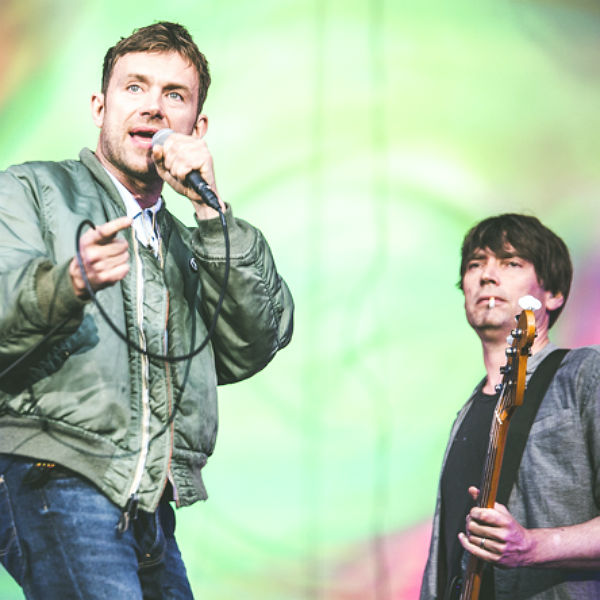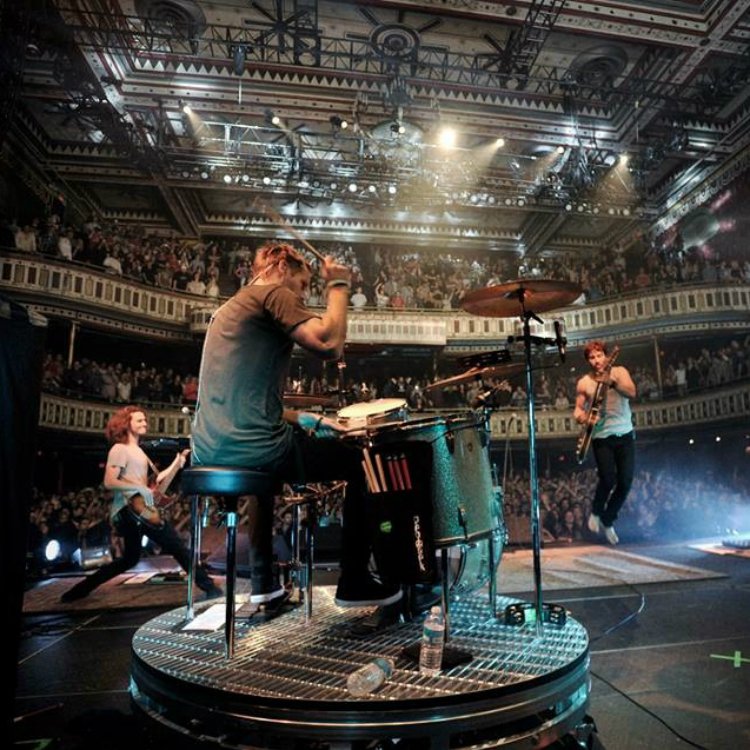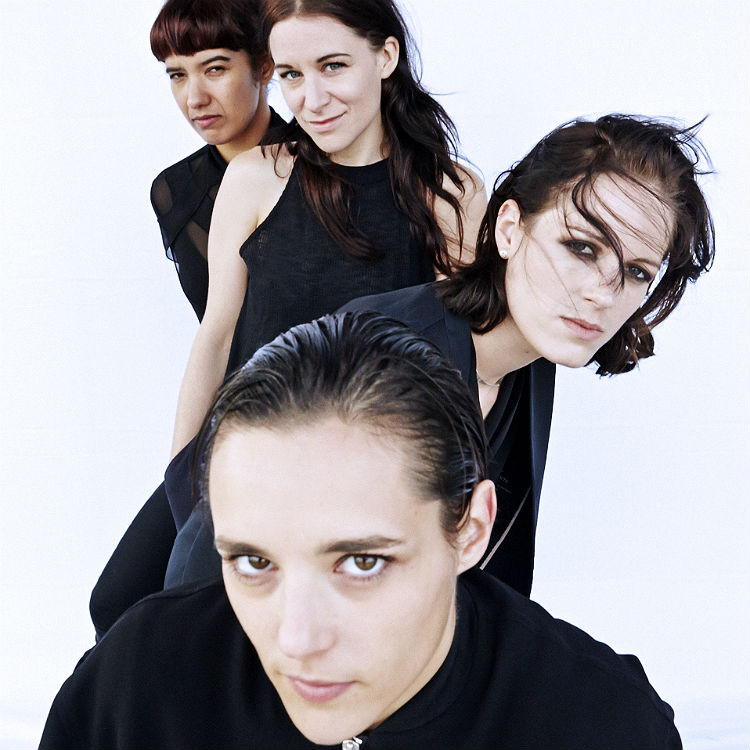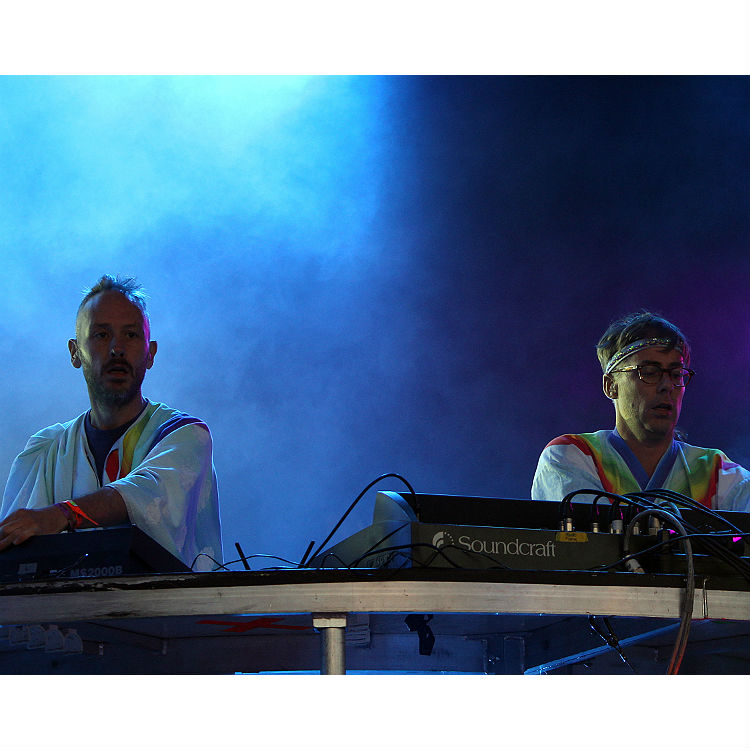 Photo:
Photo:
Chase & Status made a huge impact back in 2008 with their debut 'More Than Alot'. In a matter of months, the London duo took dubstep from the UK's underground scene to the radio mainstream.
After working with some of music's finest, including Rihanna and Plan B, Chase & Status make their anticipated return this month with second album 'No More Idols'. Gigwise caught up with one half of the band Will Kennard to discuss the new album and their plans to work with Jay-Z.
How have you spent the last two years?
“We’ve been in the studio a lot finishing the album, especially the last couple of months we just slept in their and got slight cabin fever. Tearing our hair out and tearing each others hair out but it constantly felt like we were on tour as well. We didn’t see many friends or family over the last year.”
How long has the second album been in the process?
“Unofficially two years, the last one was finished in October about two years ago we’ve been working with other stuff and then returning back to the album since then. So probably more like a years work really.”
Did you have a certain sound that you wanted to achieve with this album? How does it differ from ‘More Than A lot’?
“We didn’t really have a certain sound. I defiantly think that we wanted to expand on the vocals used on this album. We enjoyed working with Plan B on the last album and from spending five or six years just producing and making music that was our first real experience of working with another artist.”
You’ve got some big acts on this album; Tinie Tempah, Dizzie Rascal and White Lies.
“Yeah as the last album did well and we are now signed to a major record label so we’ve been able to make more links in the music industry which has given us more choice in who we want to work with. We sat down and made a list of who we wanted to appear on the album and covered everyone and were quite fortunate to get most of the people we wanted.”
The scale of artists is quite broad, with big names like Dizzie Rascal then you’ve got some rising musicians such as Liam Bailey.
“It wasn’t intentional. A lot of the newer artists we didn’t know about before we started but over that time we’ve come across singers and bands. For us it’s not about the name you have, it’s just if you have a voice that’s unique and cool then it draws us in to want to work with them. It’s worked out so well to have established people and then maybe have the stars of the future, seeing now what Clare McGuire’s doing. It’s so cool to think that some of their first work was on our album before they’ve even released their own.”
Do you get a lot of people saying your music has crossed over to being more mainstream? Or is that just a natural progression as you get more successful?
“It’s weird that people are so keen to define what a band are. I think artists just make music and it is what it is, if more people listen to it then I guess you become more cross-over and if day time radio play it then your more mainstream. We hope that we haven’t lost our integrity by being mainstream. Songs like ‘End Credits’, when we wrote that everyone seemed to love it and kept saying it could do really well. I was just thinking this can’t be right this song has the messiest hard core drum section in it. I hope people don’t think we’ve had to numb down the sound for this album.”
What do you make of the current dubstep scene in the UK at the moment?
“It seems to be the flavour of the day at the moment. If think it’s quite dangerous when that happens to a scene because if it doesn’t last then it can seem like it implodes. UK garage that happened to and grime. Everybody’s talking about dubstep becoming mainstream and the big sound of America, I really don’t think it will. Dubstep is dubstep for a reason because it’s underground, grimy and minimal, and it’s not meant to be big songs. If it started to become that, with lots of big choruses, then it wouldn’t be dubstep anymore people would move away from it and it wouldn’t be the same scene anymore.”
The new video for single ‘Blind Faith’ is quite controversial. Did you come up with the idea for the video by yourself?
“We got sent over a lot of ideas and most of them were the usual, you guys in a club, women, flashing lights. And we were like ‘what the f*ck has this got to do with the song’. So Daniel Woolfe said I want to make the video and it will be set in 1991, really low budget, in a rave in Manchester on a farm and I was like done.
“The video bought back a lot of memories from when we had been in that period of our lives. I loved the authenticity of the video; I like the fact that it’s been flagged on YouTube. For us music videos used to be like that, when MTV first came around music videos used to be like movies, 10 minutes long. Now with the invention of technology people can make their own, and just do one for the sake of having one.”
How was the video filmed, was it a mixture of footage and filming?
“Yeah people think a lot of it is just footage. But it’s not; it’s entirely 100% authentic apart from one small clip. The director said we’re only going to use equipment from the early 90s on a really slow budget. The stylist was obsessed that everything had to from 1991, we were wearing the tracksuits and shell suits. We got 200 extras down gave them god knows what and filmed them raving until 6am.”
Chase & Status - 'Blind Faith'
You’ve worked on other artists’ albums such as Rihanna’s ‘Rated R’; do you prefer producing other peoples work or your own?
“I think it’s good to have a mix of both. The good thing about working on other peoples stuff is that we don’t have the nightmare of anxiety and self doubt that you get when it’s your own work. You do a little bit because you’ve still got your name on it but you can get away with doing things your fans won’t like and you don’t have to promote it. You may get the money and rewards from producing somebody else’s work but you don’t get to go out there and perform that’s why it’s worth the effort of doing all the stress of your own album.”
Have you got any more musicians lined up to work with?
“I think were heading over to the States soon to meet up with Jay-Z and Roc Nation, it’s really important for us to keep our foot in the door. It’s a big world and you can get easily forgotten about so we need to get back over there and kick start that. There’s a lot of British talent though that we want to work with; Liam Bailey is one to watch and Tempah T we’re hoping to work with him on that. As much fun as it is working with big stars in America we’re quite keen to keep it in the UK, build what we have here first.”
Are you looking forward to touring the new album? Do you prefer touring to DJing?
“Yeah probably touring is better than DJing just because the atmosphere is nuts. I never thought it would be better; you just seem to have people’s attention more when it’s your own tour. There’s just something so much more intense about people coming to see just you and your live show. This tour is going to show more tracks from the new album and what’s nice is that the album will be out and people will know the songs. When people come to see you live they want to hear the songs they know, it’s so exciting to see the crowds reaction to certain tracks when they know every word.”
Do you both put a lot of effort and backing into the live shows?
“We lost a lot of money at the beginning because we wanted our shows to be really great. We saw it as a long term investment so we didn’t really care if we didn’t make that much money on the first few tours, we wanted to do something that people talked about and that would build us a reputation. Our tours are like one big family we’re surrounded by the best musicians and singers around at the moment.”


